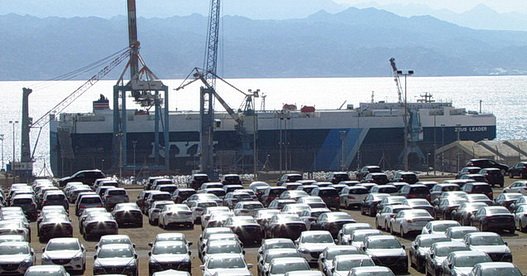159,000 new cars were delivered in Israel in the first half of 2022, down 13% from 2021. The fall is attributed to global supply chain problems rather than a dampening in demand for new cars. The strong rise in new cars coming onto Israel's roads over the past 18 months is part of a global trend that started during the Covid pandemic.
This global trend was highlighted in a research study published last week by Continental. The study, focusing on Germany, the US, China, Japan and other countries concluded that the car would remain the primary form of transport for the foreseeable future. Continental found that in the countries studied - countries with more developed road infrastructures than Israel - only one in ten people used public transport on a daily basis.
However, since the study was conducted a new obstacle has presented itself concerning travel by car and which could dampen demand for new cars - the price of gasoline, which is skyrocketing worldwide in the wake of the Russia-Ukraine war. Last week the price of 95 octane gasoline at self-service pumps in Israel will rose by NIS 0.36 to NIS 8.08 per liter and is fast approaching its all-time record high of NIS 8.25 per liter 10 years ago.
Related News

